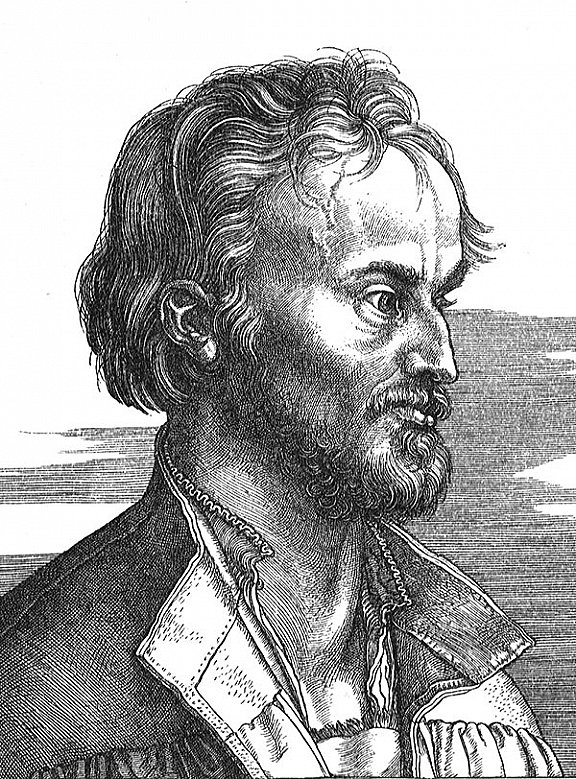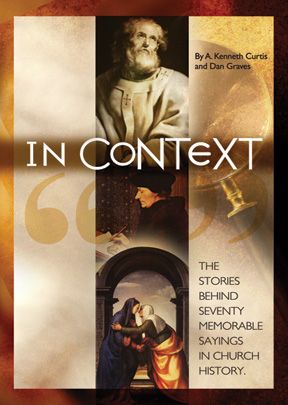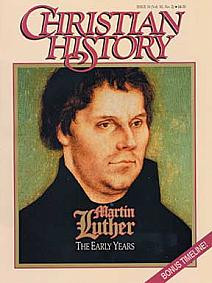Philip Melanchthon, Luther's Right Hand Man, Wrote Lutheran Theology

Melanchthon was Luther’s right-hand man and a great theologian in his own right.
NEXT TO MARTIN LUTHER, one man did more than all others to create Lutheran theology. That was Philip Melanchthon, who was born on this day, 16 February 1497 in the little town of Bretten, Germany. Someone noted that the time was six minutes after 7 p.m. He had godly parents, his father especially being known for his faithful prayers and his moral life. When Philip was eleven, his dying father summoned his children to his side and counseled them to follow God, fear Him, and do right.
The family name was actually Schwarzerd, meaning “Black earth.” Like other scholars of the day, Philip Latinized his name, the Latin translation being “Melanchthon.” He became a notable scholar. In large measure this was owing to Johann Unger, an excellent tutor recommended by Melanchthon’s grand-uncle, the famous humanist Johann Reuchlin. Unger beat Melanchthon for mistakes, “yet with moderation,” as Melanchthon remembered. “He loved me as a son, and I him as a father. In a short time we shall meet, I hope, in eternal life.”
Melanchthon proved an apt scholar, winning debates with visitors at a young age. At only twelve, he entered the University of Heidelberg. Two years later he graduated with his Bachelors degree and proceeded to Tübingen where he took his Masters. Thanks to the influence of Reuchlin, the University of Wittenberg offered him the Professorship of Greek when he was just twenty one.
Luther had already posted his Ninety-Five Theses the year before. Convinced, like Luther, that salvation must be by faith rather than by works, Melanchthon soon united his talents with the great Reformer’s and became Luther’s trusted associate. Melanchthon explained and defended Lutheran views in works noted for their careful reasoning and conciliatory expression. It was Melanchthon who delivered the Lutheran position to Emperor Charles V. The document he prepared, known as the Augsburg Confession, and is one of the most important statements of Lutheran doctrine. At its core is the teaching of justification by faith.
Melanchthon’s teachings were often attacked by other theologians, especially as the Reformation heated up. Even Luther raged at him over their divergent views on the sacraments. Still, Melanchthon strove for a formulation which would be acceptable to all sides, hoping to keep the church united. He was not successful. Before all was done, his quiet soul longed for death as a way to escape the “frenzy of theologians.”
—Dan Graves
----- ----- -----
Article #35, “The truth might fare better at a lower temperature,” from In Context; The Stories Behind 70 Memorable Sayings in Church History is about Melanchthon.
Melanchthon is also featured in "Martin Luther’s Early Years: A Gallery of Friends and Enemies" from Christian History #34, Martin Luther: The Early Years
An excerpt from Melanchthon's theology appears in our daily quotes under "Making a Good Confession."







